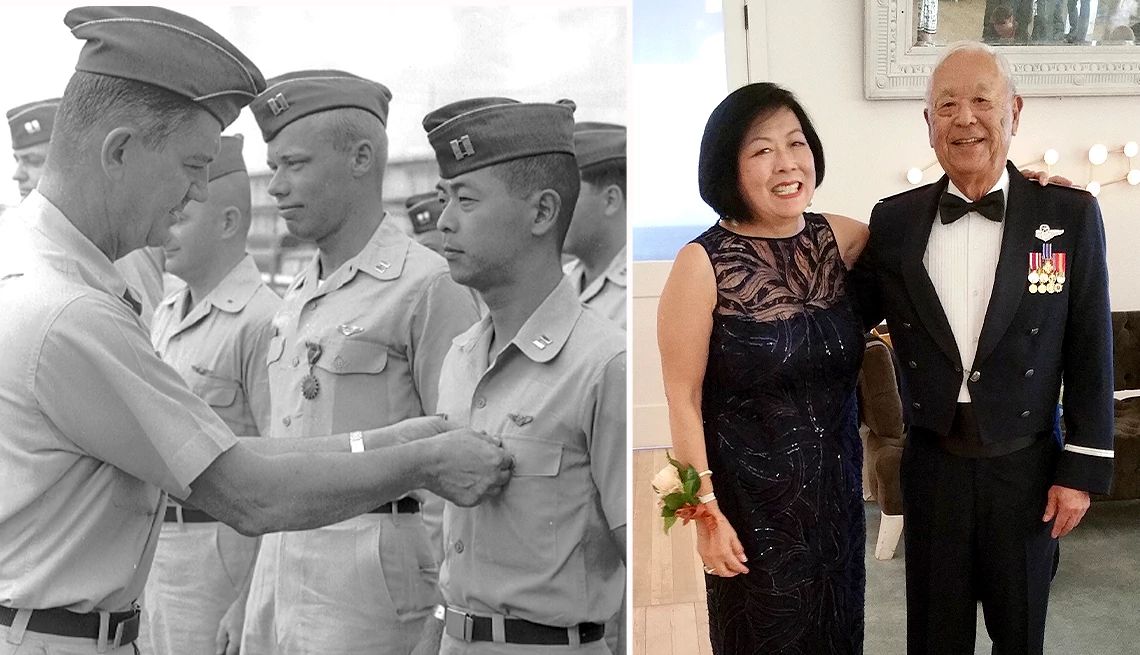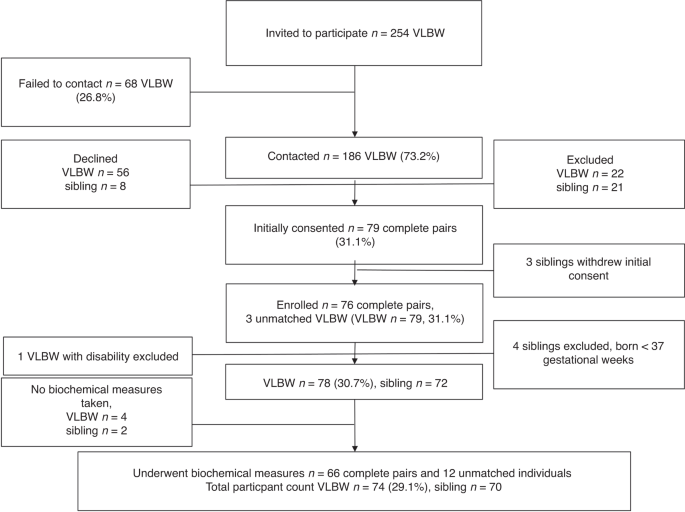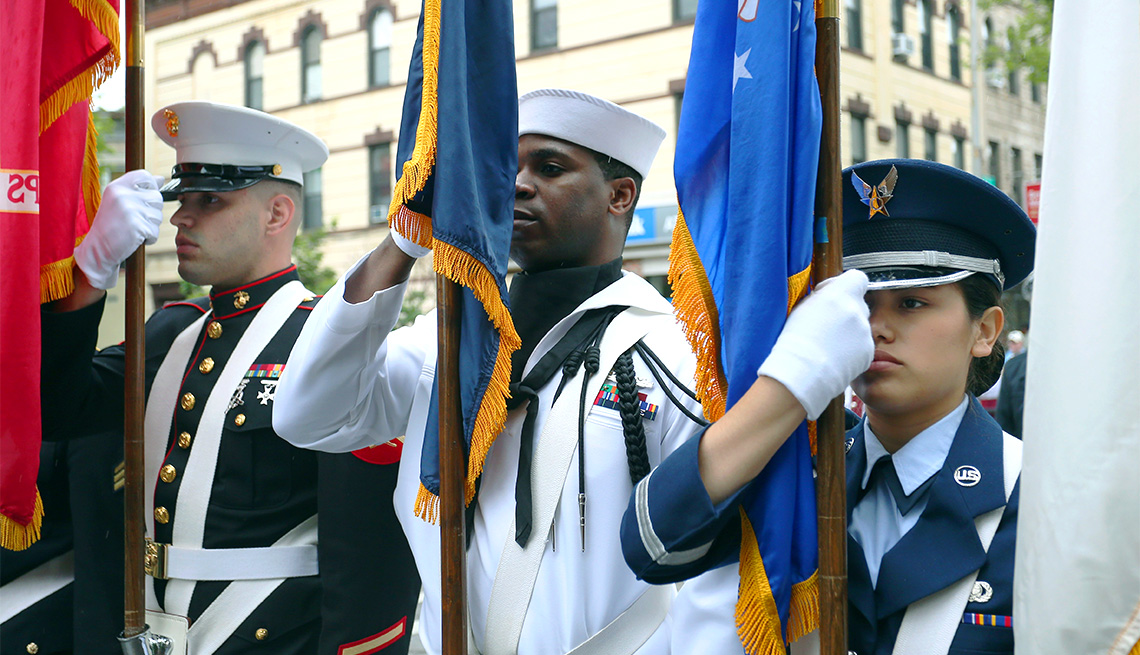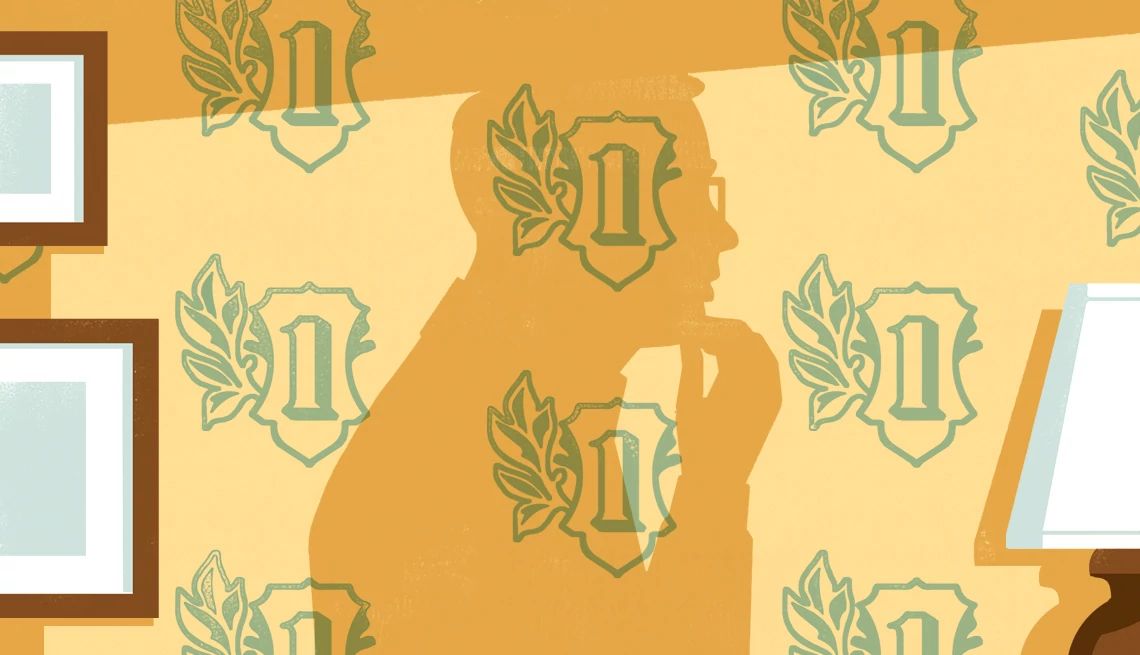
- Select a language for the TTS:
- UK English Female
- UK English Male
- US English Female
- US English Male
- Australian Female
- Australian Male
- Language selected: (auto detect) - EN
Play all audios:
When he was 4 years old, Toki Endo and his family were forced to leave their hometown of Salinas, California, for a World War II internment camp. Although he and his parents were born in the
U.S., the Endos were confined because of their ethnicity as Japanese Americans. As a result of the feelings of shame the detainment brought to their family, Toki and his older brother,
Nori, made a pact to prove they were faithful citizens. “I wanted to show our family was a patriotic American family and worthy of citizenship,” said Toki, 87. Their answer was to enlist in
the military when they became adults during the Vietnam War. Nori joined the Navy as an attack pilot, and Toki served as a B-52 electronic warfare officer in the Air Force. Both brothers had
distinguished military tenures. As they got older, they slowly drifted apart due to diverging career paths and the physical toll Agent Orange took on their health. Nori died in 2013 at the
age of 78. Today, Toki longs to reunite with his late brother’s family, an antidote to his feelings of disconnection and isolation. “The U.S. military once caused our family loss of honor,
great shame and health, but that same U.S. military provided us a way to restore our family's honor,” Toki said. (Left) Toki with his older brother Nori Endo and their father.
(Right) Nori preparing to pilot one of many missions. Courtesy Toki Endo A BROTHERLY BOND Although the brothers pursued different paths within the military, their careers shared a common
thread: aviation. This passion had deep roots in their childhood, particularly for Nori, who was fascinated with airplanes. “Nori was hooked on airplanes at a young age. When he was in grade
school, all he ever wanted for his birthdays or Christmas were these balsa wood model kits,” Toki said. “He would work on gluing all the balsa wood parts and put on the tissue covering. He
would finally fly these rubber band–powered kits with a big smile on his face.” Though their military duties separated them geographically, their shared dedication to serving their country
and their love for aviation forged a bond that transcended the physical distances between them. They found ways to support each other when they were apart.







